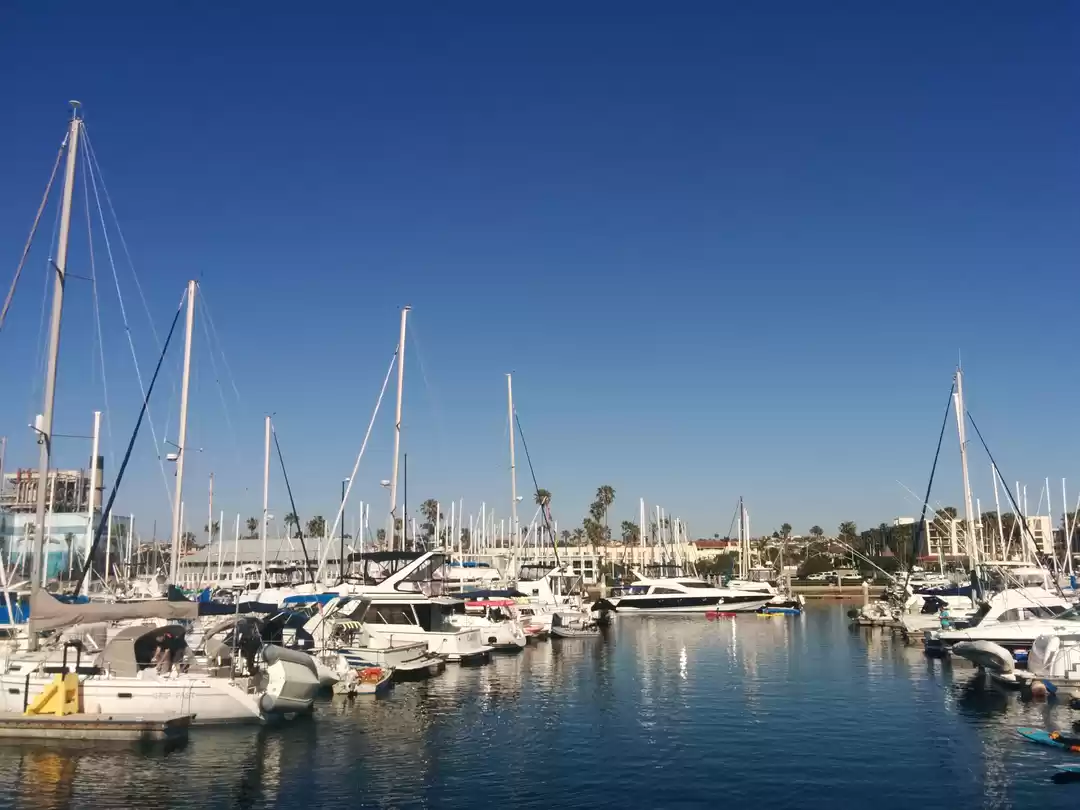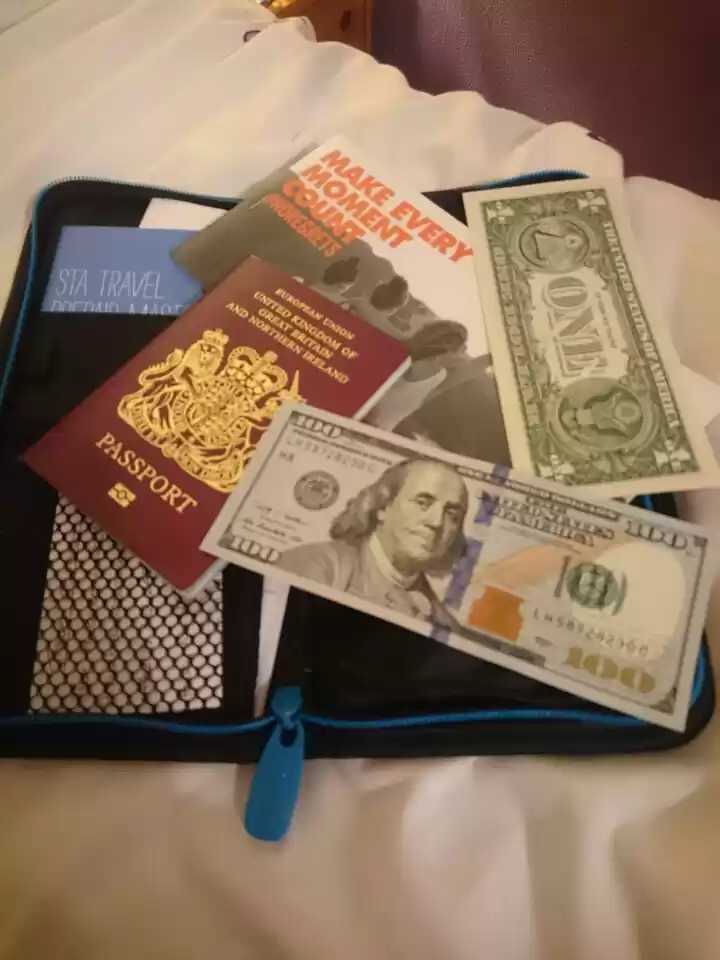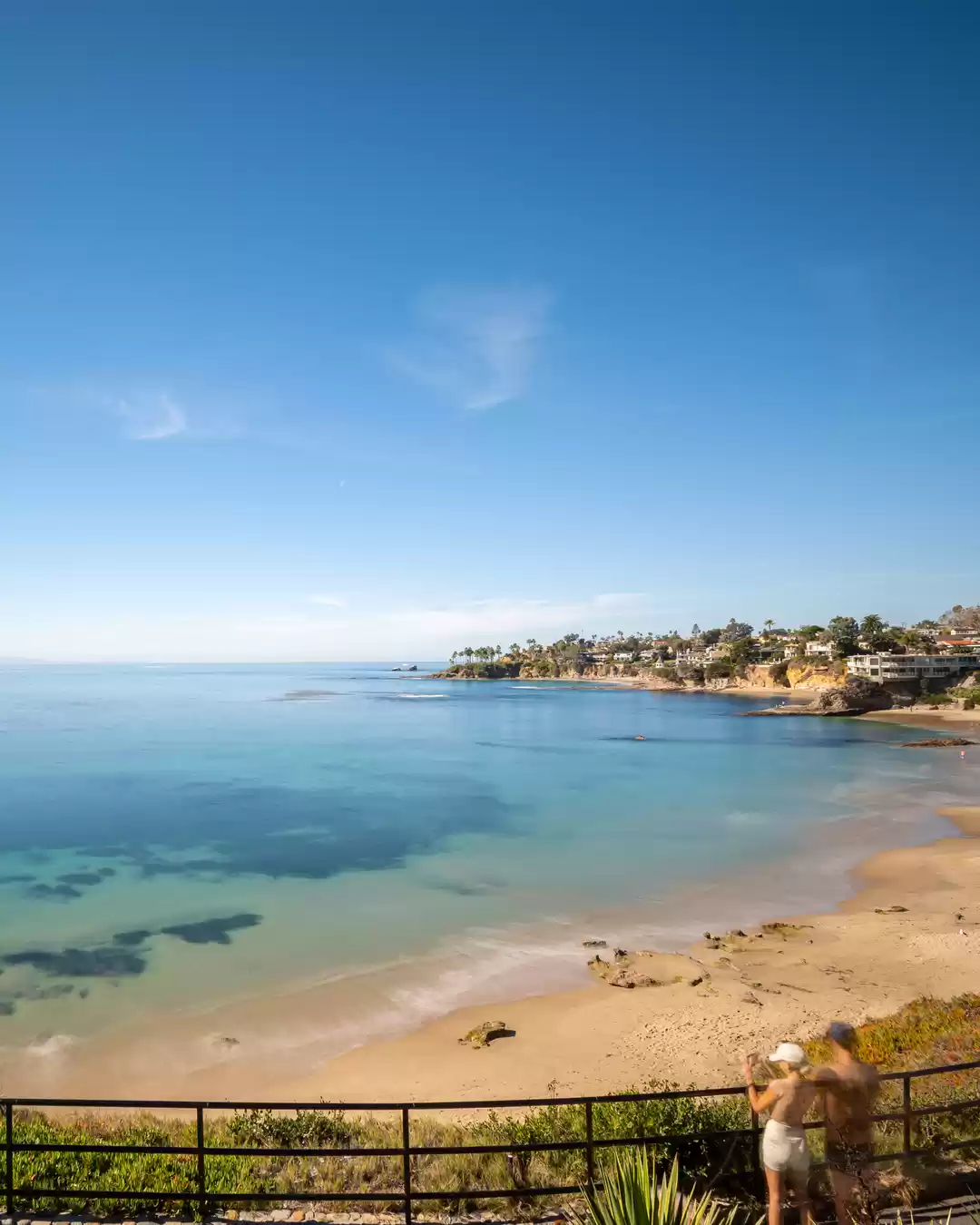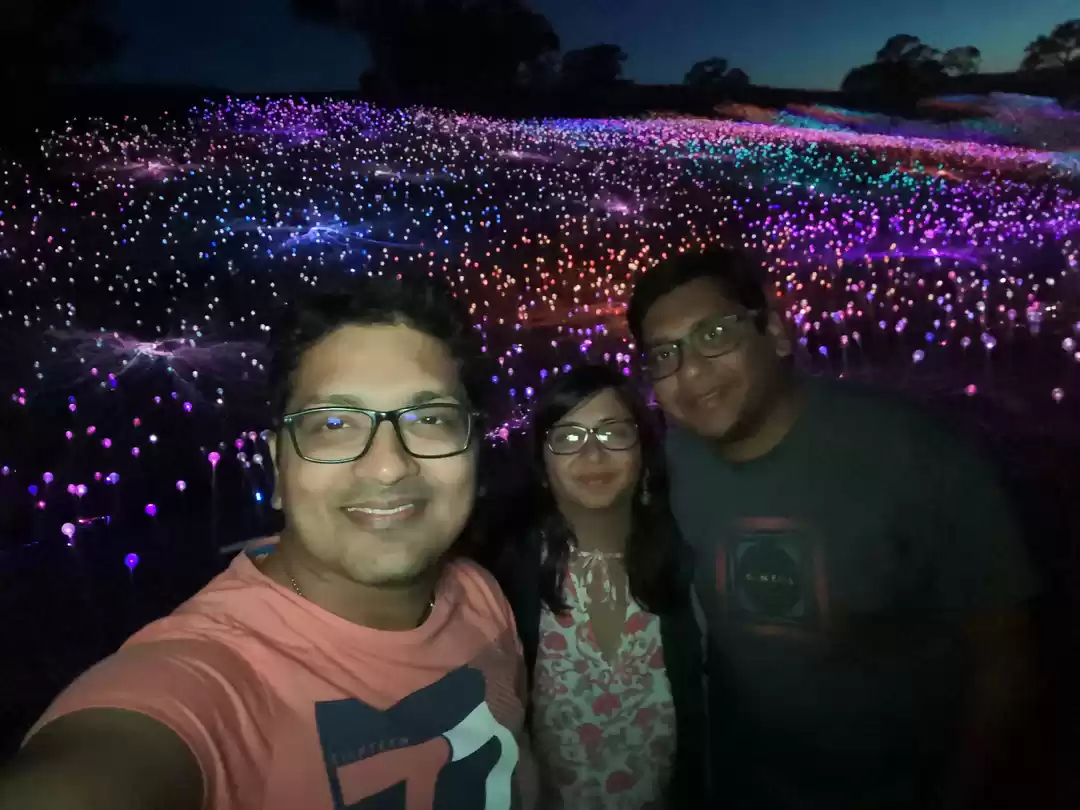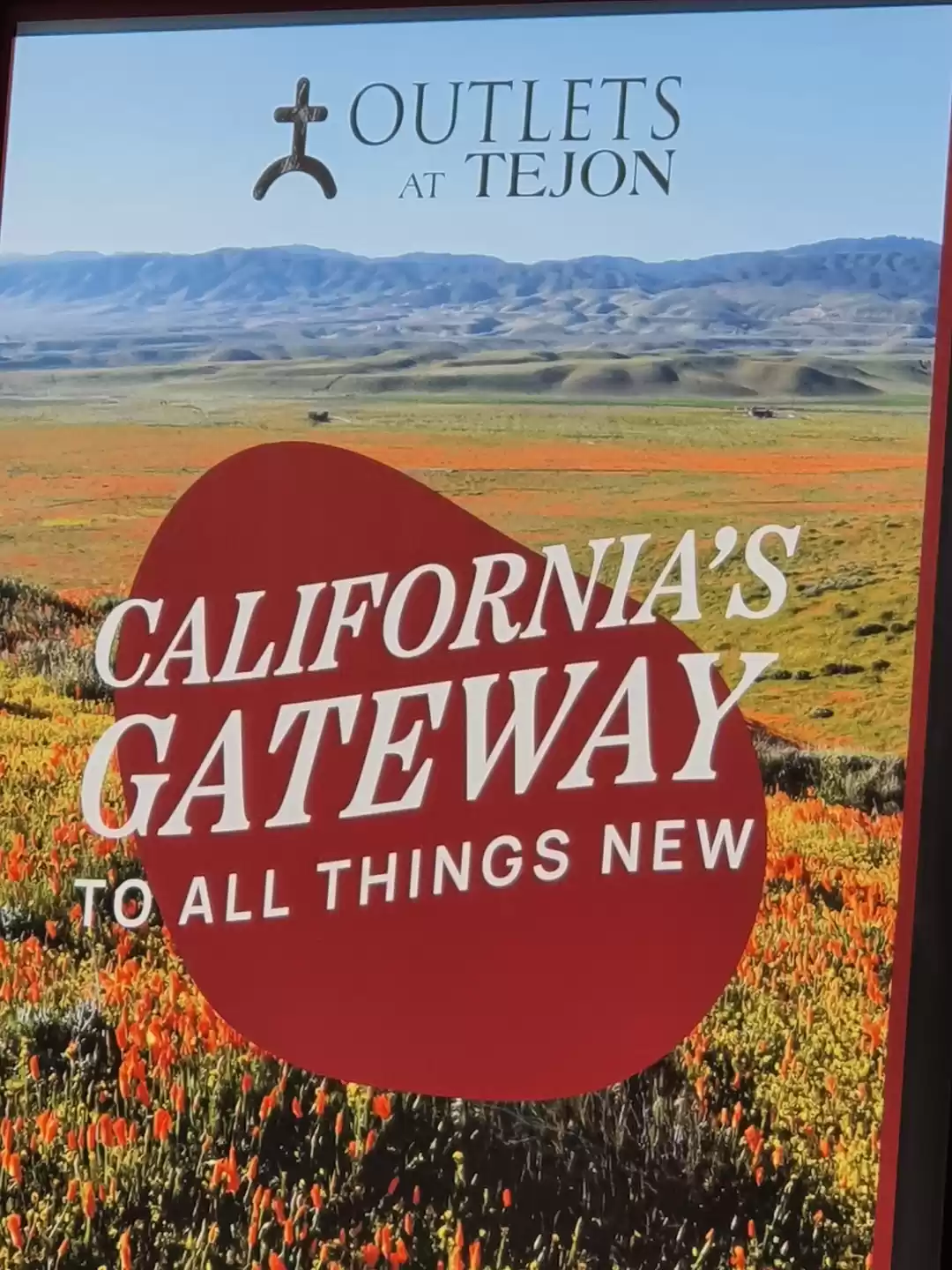Los Angeles Tourism and Travel Guide
Los Angeles (/lɒs ˈændʒəlɨs/ loss AN-jə-ləs or loss AN-jə-liss), officially the City of Los Angeles and often known by its initials L.A., is the second-largest city in the United States, the most populous city in the U.S. state of California, and the county seat of Los Angeles County. Situated in Southern California, Los Angeles is known for its mediterranean climate, ethnic diversity, sprawling metropolis, and as a major center of the American entertainment industry. Los Angeles lies in a large coastal basin surrounded on three sides by mountains reaching up to and over 10,000 feet (3,000 m).Historically home to the Chumash and Tongva, Los Angeles was claimed by Juan Rodríguez Cabrillo for Spain in 1542 along with the rest of what would become Alta California. The city was officially founded on September 4, 1781, by Spanish governor Felipe de Neve. It became a part of Mexico in 1821 following the Mexican War of Independence. In 1848, at the end of the Mexican–American War, Los Angeles and the rest of California were purchased as part of the Treaty of Guadalupe Hidalgo, thereby becoming part of the United States. Los Angeles was incorporated as a municipality on April 4, 1850, five months before California achieved statehood.The city is the focal point of the larger Los Angeles metropolitan area and the Greater Los Angeles Area region, which contains 13 million and over 18 million people, respectively, as of 2010, making it one of the most populous metropolitan areas in the world as well as the second-largest in the United States. Los Angeles is the seat of Los Angeles County, the most populated county in the United States. The city's inhabitants are referred to as Angelenos.Nicknamed the City of Angels, Los Angeles is a global city with a diverse economy in entertainment, culture, media, fashion, science, sports, technology, education, medicine and research. It has been ranked sixth in the Global Cities Index and 9th Global Economic Power Index. The city is home to renowned institutions covering a broad range of professional and cultural fields and is one of the most substantial economic engines within the United States. The Los Angeles combined statistical area (CSA) has a gross metropolitan product (GMP) of $831 billion (as of 2008), making it the third-largest in the world, after the Greater Tokyo and New York metropolitan areas. Los Angeles includes Hollywood and leads the world in the creation of television productions, video games, and recorded music; it is also one of the leaders in motion picture production. Los Angeles hosted the Summer Olympic Games in 1932 and 1984, and is currently bidding for the 2024 Summer Olympics. a b c Gollust, Shelley (April 18, 2013). 'Nicknames for Los Angeles'. Voice of America. Retrieved June 26, 2014. Smith, Jack (October 12, 1989). 'A Teflon Metropolis Where No Nicknames Stick'. Los Angeles Times. p. 1. Retrieved October 1, 2011. Barrows, H.D. (1899). 'Felepe de Neve'. Historical Society of Southern California Quarterly 4. p. 151ff. Retrieved September 28, 2011. 'California Cities by Incorporation Date' (Word Document publisher = California Association of Local Agency Formation Commissions). Retrieved August 25, 2014. 'About the City Government'. City of Los Angeles. Retrieved February 8, 2015. a b c 'City Directory'. City of Los Angeles. Retrieved September 28, 2014. '2010 Census U.S. Gazetteer Files – Places – California'. United States Census Bureau. 'Los Angeles City Hall'. Geographic Names Information System. United States Geological Survey. Retrieved October 16, 2014. a b 'Elevations and Distances'. US Geological Survey. April 29, 2005. Retrieved February 10, 2015. '1 Million Milestone'. census.gov. 2015. 'Urban Areas'. United States Census Bureau. Retrieved August 29, 2014. http://www.census.gov/geo/reference/ua/urban-rural-2010.html 'Annual Estimates of the Resident Population: April 1, 2010 to July 1, 2013 - United States -- Metropolitan Statistical Area; and for Puerto Rico'. United States Census Bureau. Retrieved August 29, 2014. 'Annual Estimates of the Resident Population: April 1, 2010 to July 1, 2013 - United States -- Combined Statistical Area; and for Puerto Rico'. Census Bureau. Census Bureau. Retrieved August 29, 2014. Also /lɒs ˈændʒəliːz/, or /lɒs ˈæŋɡəlɨs/. The pronunciations /lɒs ˈændʒəlɨs/ and /lɒs ˈæŋɡəlɨs/ are most common inside the US, while/lɒs ˈændʒəliːz/ is most common outside the US. The name is from Spanish: Los Ángeles [los ˈaŋxeles], meaning The Angels. 'Annual Estimates of the Population of Metropolitan and Micropolitan Statistical Areas'. United States Census Bureau. July 1, 2012. Retrieved January 7, 2015.





